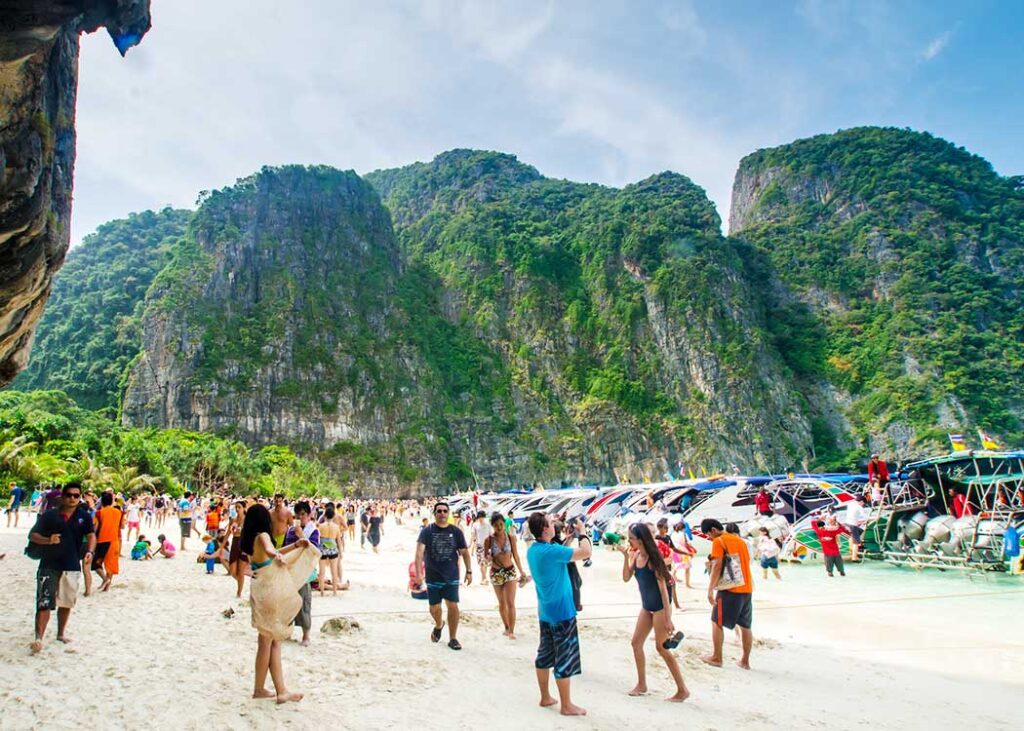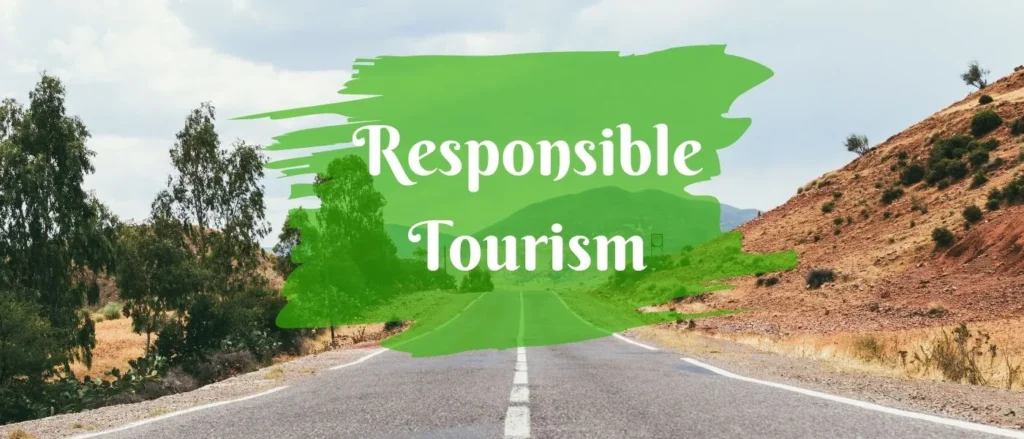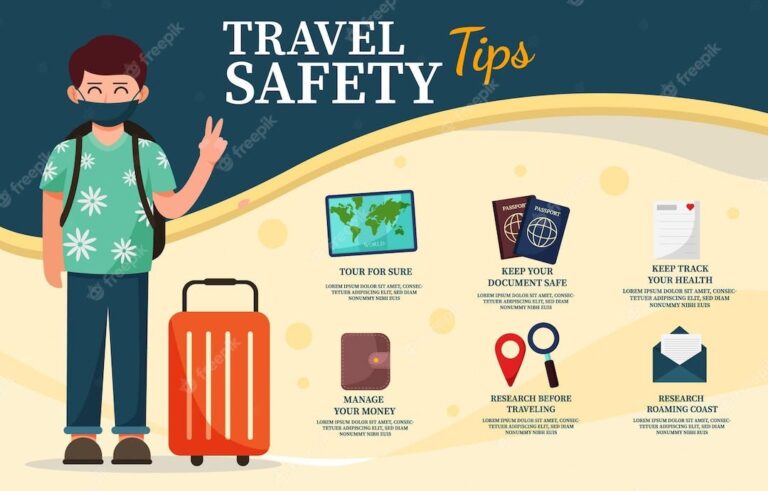The Rise of Sustainable Tourism in 2024: How to Travel Responsibly
In the midst of a rapidly changing world, one trend is gaining momentum and transforming the way we travel: sustainable tourism. As travelers become increasingly aware of their environmental and social impact, there’s been a surge in demand for responsible and ethical travel experiences. In 2024, the era of sustainable tourism is here to stay, and it’s time for all of us to embrace this positive shift.
So, what exactly is sustainable tourism, and why is it important? At its core, sustainable tourism is about minimizing the negative impacts of travel on the environment, local communities, and cultures, while maximizing the benefits for all stakeholders involved. It’s about traveling in a way that respects the planet and its inhabitants, both now and for future generations.
Traveling the world is an enriching experience that broadens our horizons and connects us with diverse cultures and landscapes. But with tourism booming, it’s becoming increasingly important to consider the impact our journeys have on the environment and local communities. This is where sustainable tourism steps in, offering a way to explore the world responsibly, leaving a positive footprint wherever we go.

Why Sustainable Tourism Matters
Traditional tourism can sometimes have unintended consequences. Overcrowding can strain natural resources, damage fragile ecosystems, and create cultural homogenization. Sustainable tourism aims to address these concerns by promoting responsible travel practices that benefit the environment, local communities, and the traveler themselves.
In 2024, travelers are more conscious than ever of the impact their adventures can have on the destinations they visit. From carbon emissions to plastic pollution, there are numerous environmental issues associated with traditional forms of travel. Sustainable tourism seeks to mitigate these impacts by promoting eco-friendly practices such as reducing carbon emissions, conserving water and energy, and minimizing waste.
But sustainable tourism isn’t just about protecting the planet – it’s also about supporting local communities and cultures. In many popular tourist destinations, the influx of visitors can place a strain on local resources and infrastructure, leading to issues such as overcrowding, pollution, and cultural erosion. By choosing to support locally-owned businesses, staying in eco-friendly accommodations, and engaging in responsible cultural exchanges, travelers can help ensure that their tourism dollars have a positive impact on the communities they visit.
So, how can you travel responsibly in 2024? Here are a few tips to help you minimize your environmental footprint and maximize your positive impact:
- Choose Eco-Friendly Accommodations: Look for hotels, lodges, and guesthouses that have implemented sustainable practices such as energy and water conservation, waste reduction, and support for local communities.
- Reduce Your Carbon Footprint: Opt for greener modes of transportation such as trains, buses, or bicycles whenever possible, and offset the carbon emissions from your flights by investing in carbon offset projects.
- Respect Local Cultures: Take the time to learn about the customs, traditions, and etiquette of the places you visit, and always ask for permission before taking photos or participating in cultural activities.
- Support Local Communities: Seek out locally-owned businesses such as restaurants, shops, and tour operators, and consider volunteering or donating to local conservation and community development projects.
- Minimize Waste: Reduce your use of single-use plastics by bringing a reusable water bottle, shopping bag, and utensils, and dispose of your waste responsibly by recycling and composting whenever possible.
By following these simple guidelines, you can help ensure that your travels have a positive impact on the planet and its people. Sustainable tourism isn’t just a trend – it’s a way of life that benefits everyone involved. So, let’s embrace ethical exploration and make 2024 the year of responsible travel.




